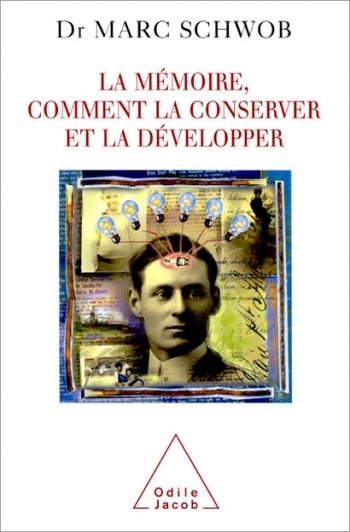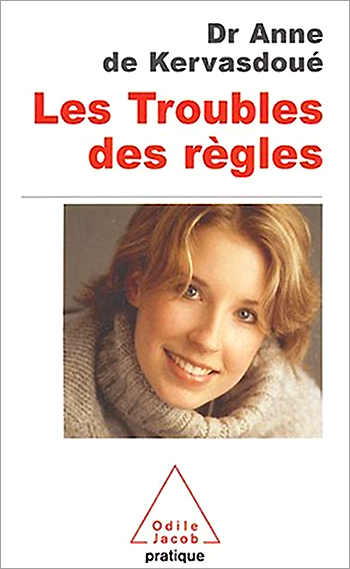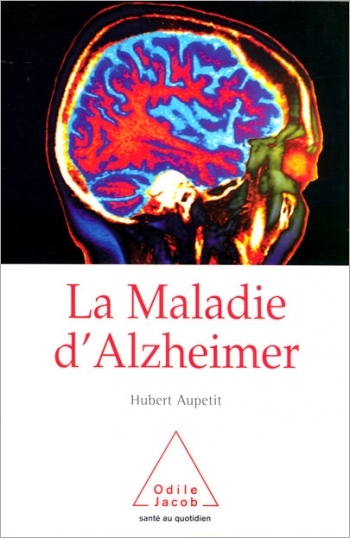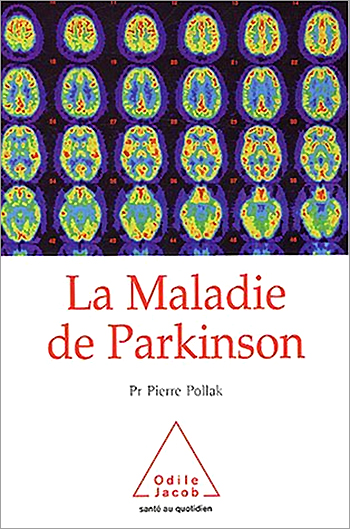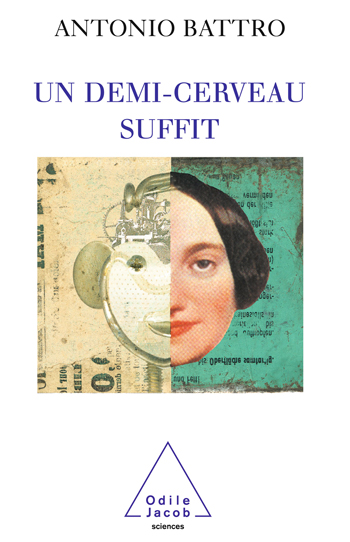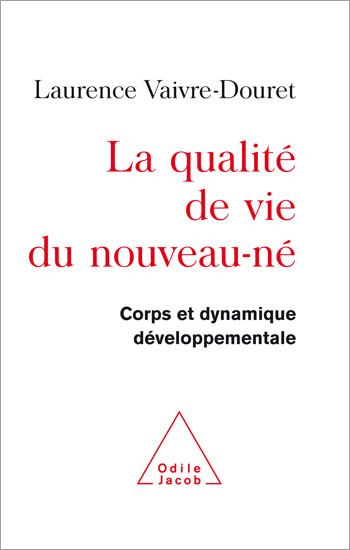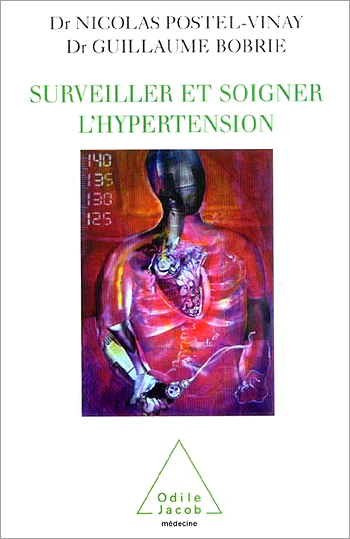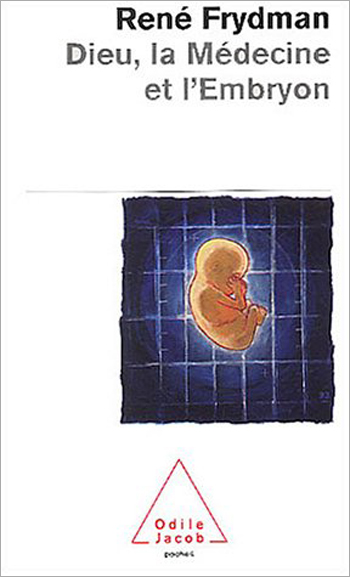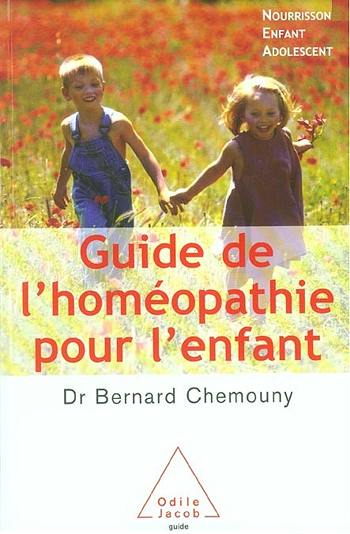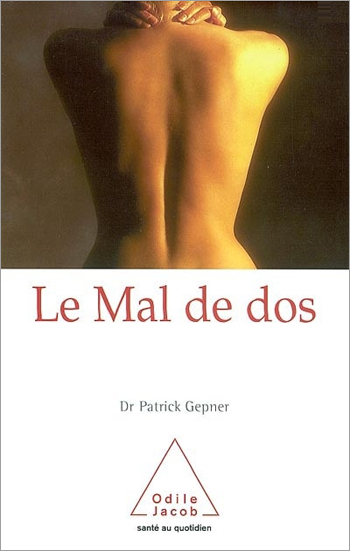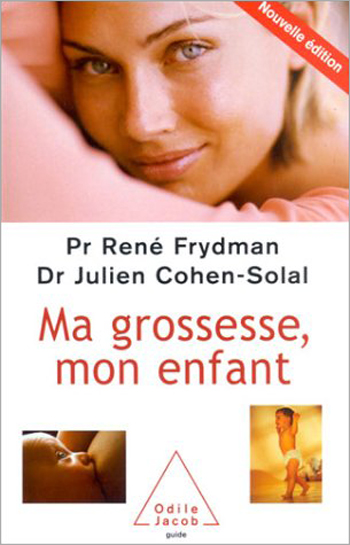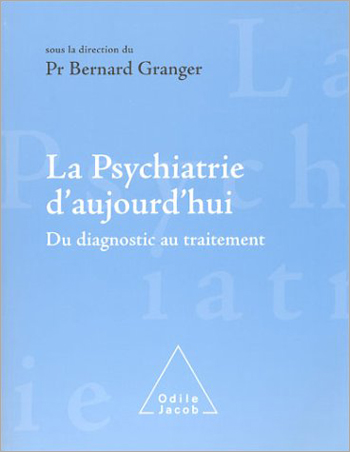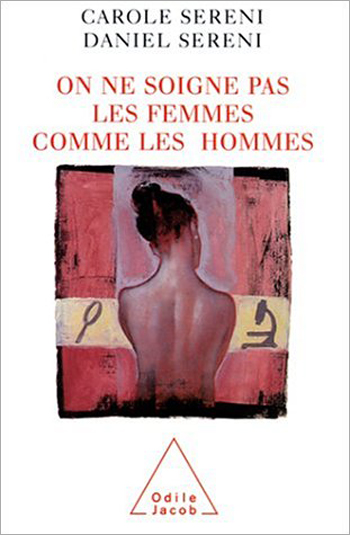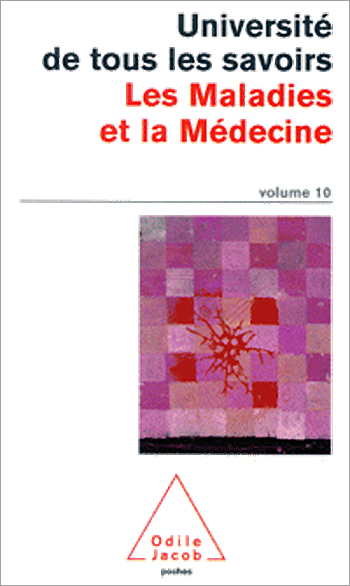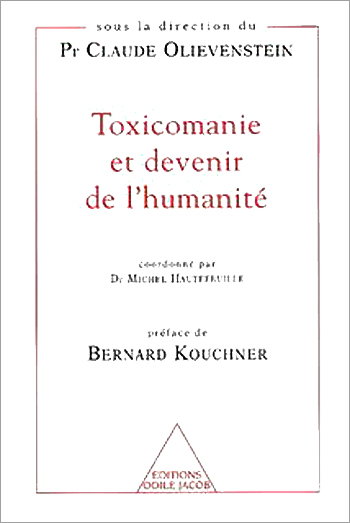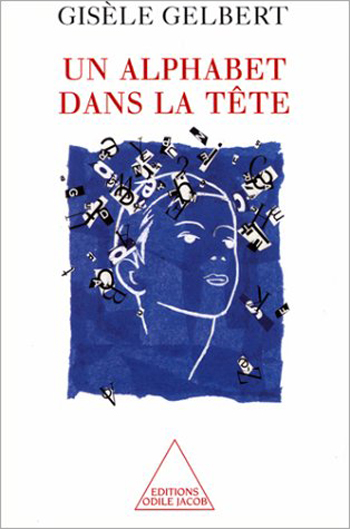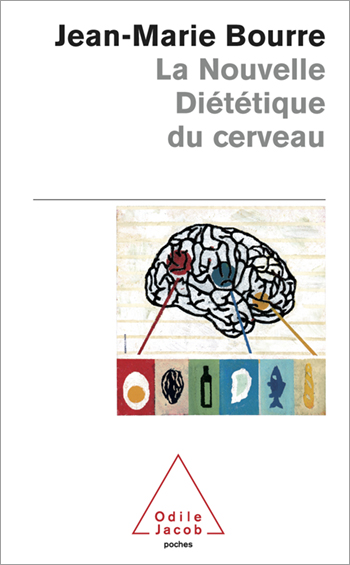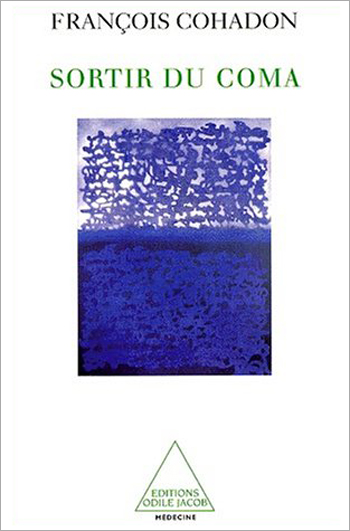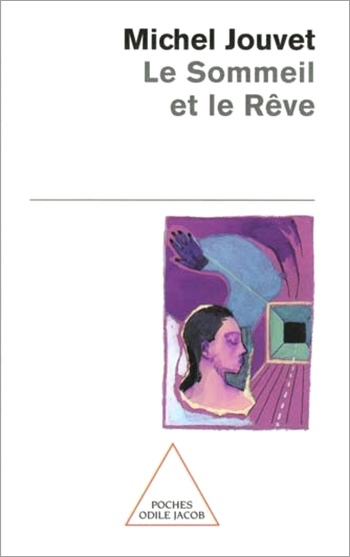Medicine All books
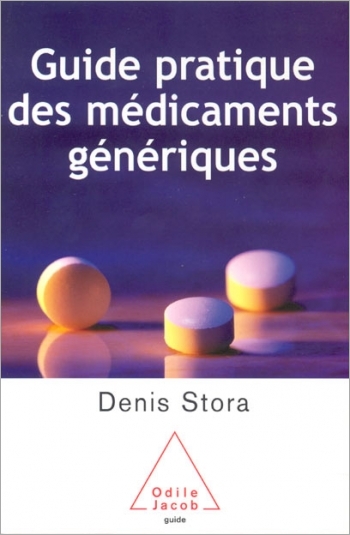
Denis Stora
Guide to the Main Medications and Their Generic Equivalents
Since October 2003, France's health-care system has required users to purchase generic medications, when these exist, if they wish their medical prescriptions to be covered. Physicians have agreed that 75% of all prescriptions will be for generic medications, and pharmacists are committed to making the necessary substitutions. Physicians, pharmacists and users will thus be utilising an increased volume of generic medications. Presented here in alphabetical order are the 150 molecules contained in approximately 1600 medications that are on the market today. More than a list of generic equivalents, this is an intelligent guide to medications. Each molecule listed is described with its pharmacological activity, therapeutic indications and contra-indications, dosages and major recommendations. This is a highly useful pedagogical guide, since brand names will gradually disappear in favour of their chemical names (paracetamol instead of Doliprane, fluoxetine instead of Prozac). Denis Stora, the holder of a doctorate in pharmaceutical studies, has been a licensed pharmacist for twelve years. He is a teacher and the author of numerous practical books for nurses and pharmacists.
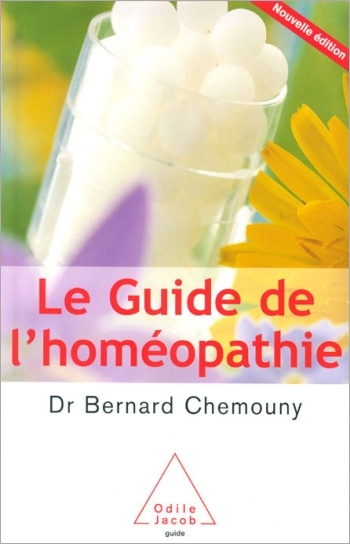
Bernard Chemouny
The Guide to Homeopathy New, revised edition
This is the revised third edition of the highly successful guide to homeopathy, which was first published seven years ago. Besides bringing up to date all the facts, figures, tables, prices and addresses, the new edition has been revised to account for the following: o Lower health insurance coverage, following recent French legislation which came into effect on 1st January 2004. o The French Ministry of Health's recommendation to limit the use of antibiotics (especially for minor ailments such as sore throats). A reference work on [homeopathy], which is used by one out of three French people, Le Figaro Bernard Chemouny is a homeopathic physician and acupuncturist. He teaches homeopathy at Hôpital Saint-Jacques, in Paris.
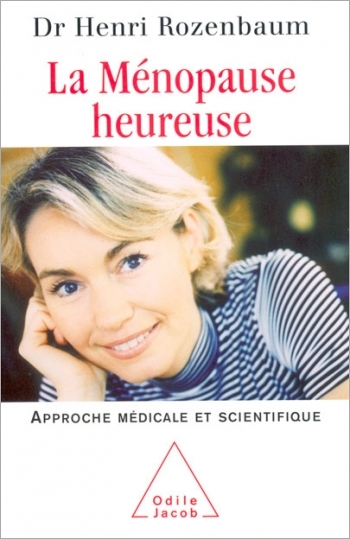
Henri Rozenbaum
How to have a Happy Menopause
The low-down on everything we know about the symptoms of the menopause today, from prevention to treatment. Constituting a small scale medical encyclopaedia, this book answers your questions and allows you to identify the most suitable treatment for your own particular case. For a better quality of life, better health, and a happy menopause. Gynaecologist, and president and founder of the French Association for Menopausal Studies, Dr Henri Rozenbaum is one of the most renowned international experts in the area of the menopause.
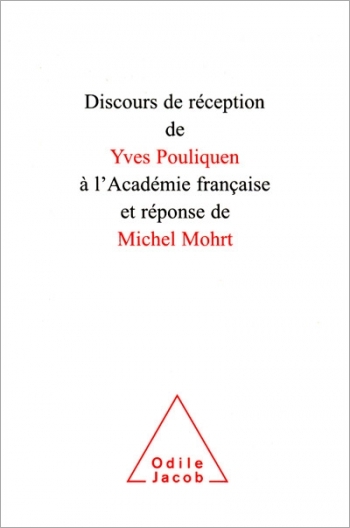
Yves Pouliquen, Michel Mohrt
Speech on the Occasion of Entry into the French Academy and the Response of Michel Mohrt
Speech on the occasion of entry into the French Academy of Yves Pouliquen, 30th January 2003, and the response of Michel Mohrt
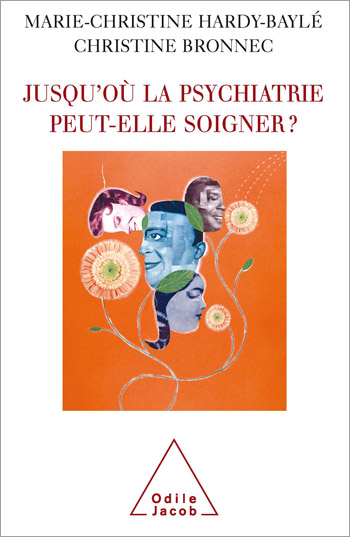
Marie-Christine Hardy-Baylé, Christine Bronnec
What are the Limits of Psychiatry ?
On the one hand, an ever increasing demand, on the other, widespread agreement that the profession in is the grip of a crisis. The result is that the supply is badly equipped to deal with the demand. What are the origins of this crisis ? Does it run as deep as the very foundations and identity of psychiatry itself ? In particular, what can be done to transform this natural diversity into a real strength ? Psychiatrist and psychoanalyst, Marie-Christine Hardy-Baylé works at the André-Mignot hospital, and is a professor of medicine at the University of Saint-Quentin-en-Yvelines. She heads the Association for the Promotion of Public Health of Yvelines Sud. A hospital director, Christine Bronnec, is in charge of the ANEAS project to evaluate psychiatric needs, and is co-president of the Association for the Promotion of Public Health of Yvelines Sud.
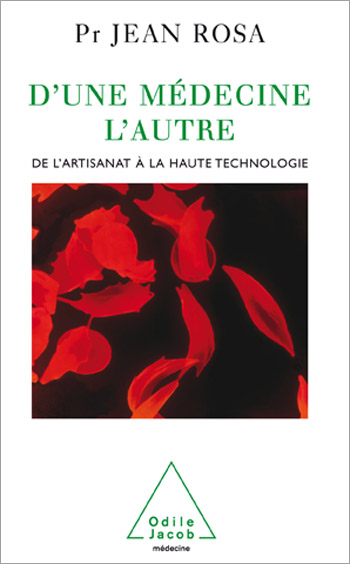
Jean Rosa
From one Medicine to Another From a Craft Industry to High Techology
Jean Rosa belongs to the post-war generation that transformed French medicine from a state of powerless humanism all the more "humane" because it was so often helpless to one of scientific and technical efficiency. Unfortunately, in the process, medicine seems to have lost its human face. In this book, Rosa shows how he contributed to this medical revolution: on the one hand, through the "Debré Reform", which instituted teaching hospitals, thus firmly linking medical research with therapeutic and surgical treatment, and, on the other hand, by associating medicine with molecular biology. Jean Rosa is Emeritus Professor in the medical school of the University of Paris-XII and a member of the French Academy of Science
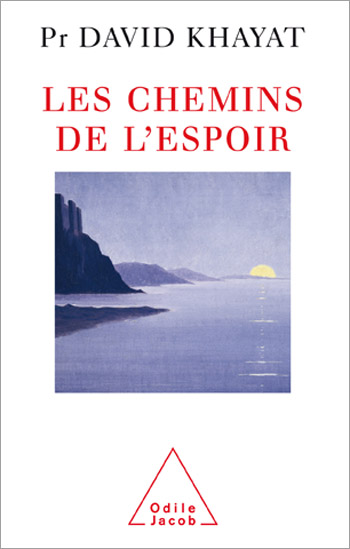
David Khayat
The Paths of Hope
The progress made in cancer research and the advances in therapeutics have become such that they open before us, without any doubt, marvellous paths towards hope. It is these paths that I suggest we discover together. David Khayat David Khayat is a professor at the Pierre-et-Marie-Curie University and the head of the cancer team at the La Pitié-Salpêtrière Hospital.
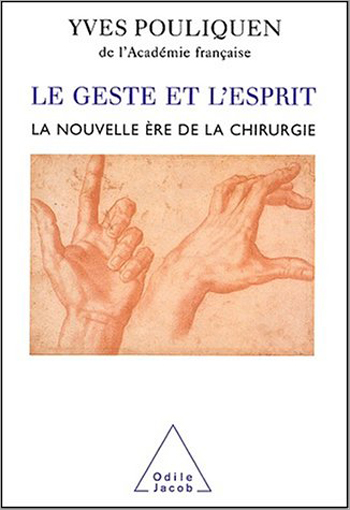
Yves Pouliquen
The Action and the Mind
What does it signify for a surgeon to run the numerous risks, present in every slightest move, in accepting to operate on an eye ? What does it mean for the patient undergoing the operation to place themselves in the hands of strangers, inevitably with a degree of mistrust, in order to be able to see again ? The surgeon and the patient are in fact the protagonists of a human adventure, a scientific conquest and a forgotten medical revolution, which deserve to be related. This is especially since the surgery of the 21st century will also demand creativity, ingenuity, faith and discipline all the forms of engagement that one calls human intelligence Yves Pouliquen An internationally known specialist in ocular surgery, Professor Yves Pouliquen is the author of several books published with Odile Jacob, such as The Transparency of the Eye.

Jeanne-Marie Bréchot, Brigitte Joseph-Jeanneney, Martine Ruszniewski
Surrounding Illness The Family, the Doctor and the Psychologist
Should the same information be given to the sick person, and their family ? How can one get through the trauma day by day ? Should the entire truth be told? Should one prepare for mourning? How to say goodbye ? This book is a spontaneous and moving three-way discussion to help those faced with serious illness. Brigitte Joseph-Jeanneney is a general inspector of social affairs. Jeanne-Marie Bréchot is a thoracic cancer and lung specialist at the Hôtel-Dieu hospital, in Paris. Martine Rusniewsky is a psychologist working with patients in the palliative care ward at Hôpital de la Salpetrière, in Paris.
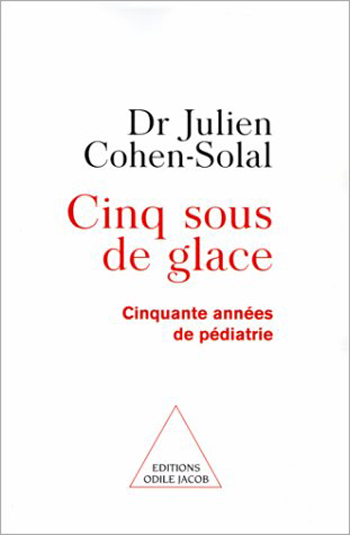
Julien Cohen-Solal
Cinq sous de glace Fifty Years of Pediatrics
Julien Cohen-Solal has made some of the greatest progress over the past several decades in France in understanding the needs of young children. After many of his books have become classics in the field and served as landmarks to many families, Cohen-Solal tells today of his childhood and adolescence in Algeria during the 30s and 40s, of his discovery of the Parisian post-war medical world, of the influences and discoveries that punctuated his education, and of relationships with parents and children that were important to him. Now is the occassion to celebrate fifty years of pediatrics in France, fifty years of scientific, clinical, and psychological advances.
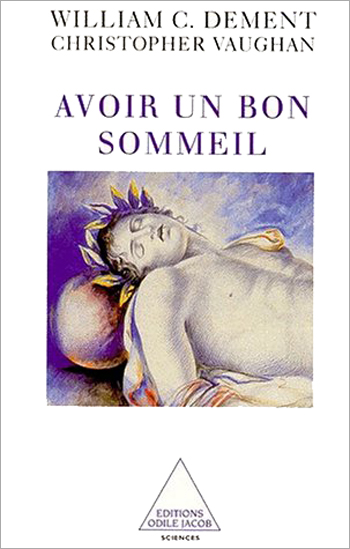
William C. Dement, Christopher Vaughan
How to have a good night's sleep
For more than forty years, William Dement has been researching the subject of sleep and of sleep-related problems. According to Dement, if we dont sleep well, we cannot be healthy; but its impossible to sleep well if we dont know what disturbs our sleep patterns, or what we stand to gain from an adequate nights rest. We are careful about our diets and we make sure we get enough exercise. Yet we often forget that it is equally important to sleep well. Sleep is often sacrificed to the demands of our daily lives. Doctors still tend to minimise the physical, emotional and psychological risks that result from a failure to give sleep its due. This fundamental work by a world-renowned specialist enables us to find out how we should sleep, in order to feel better and keep healthy. William C. Dement is a world authority in the field of sleep and in the treatment of sleep disturbances. In the 1970s, he founded one of the earliest centres specialising in the study of sleep at Stanford University, in California. He continues to teach at Stanford. Christopher Vaughan is the author of How Life Begins : The Science of Life in the Womb.

Pierre Pollak
Parkinson's Disease
There are many aspects of this disease : How does it operate and what causes it ? When does the trembling start ? What are the other symptoms ? What are the newest available treatments ? What can be done when medicines are no longer effective ? What about brain surgery ? Will it be possible one day to perform brain transplants ? With regard to the daily life of a patient suffering from Parkinsons Disease, what are the benefits of gymnastics and massages ? Is it still possible to drive ? Or hold down a job ? What is the best attitude for the people around the patient to adopt ? Pierre Pollak teaches neurology at the University Hospital of Grenoble.

